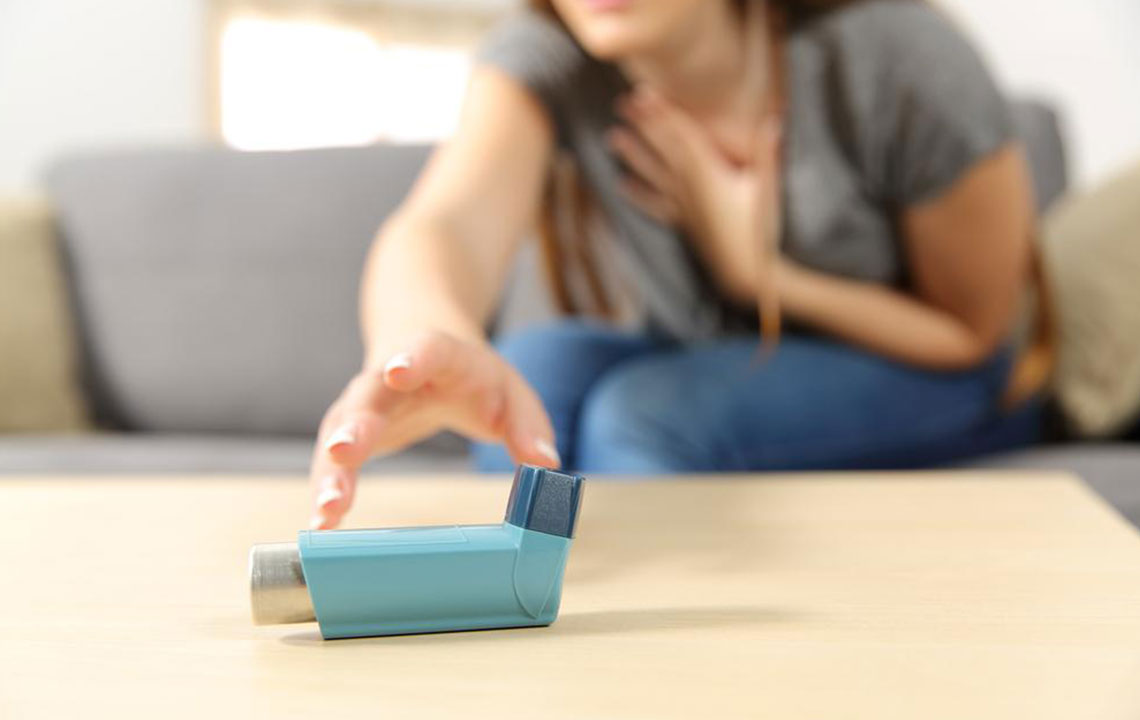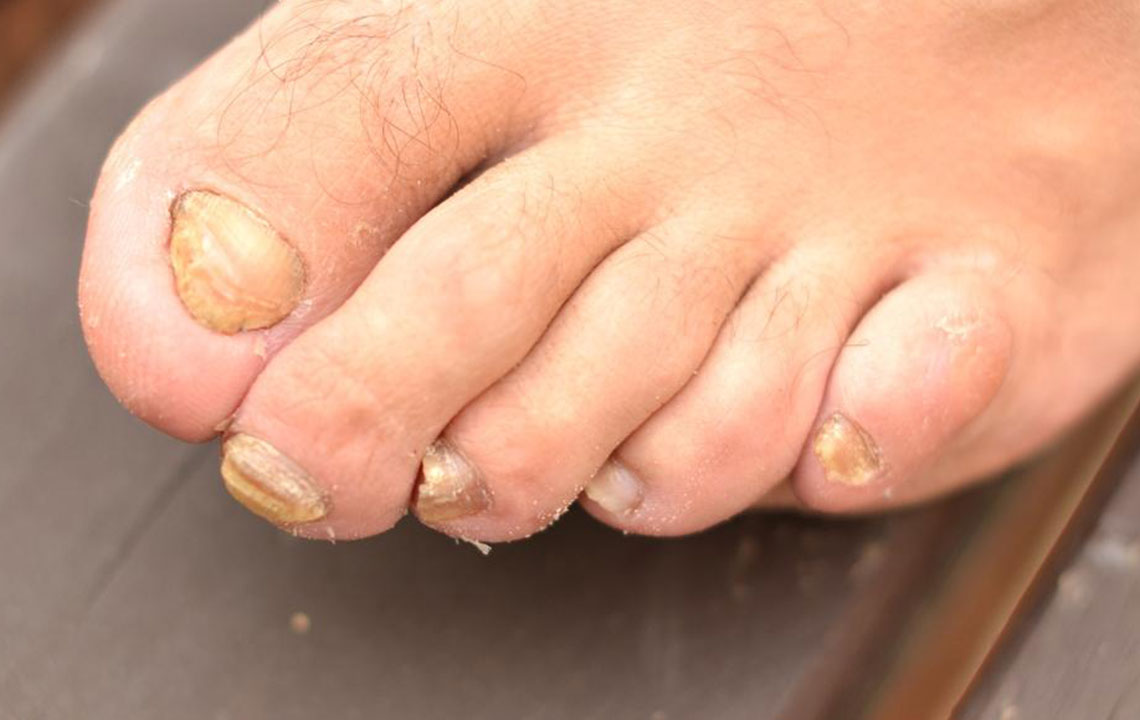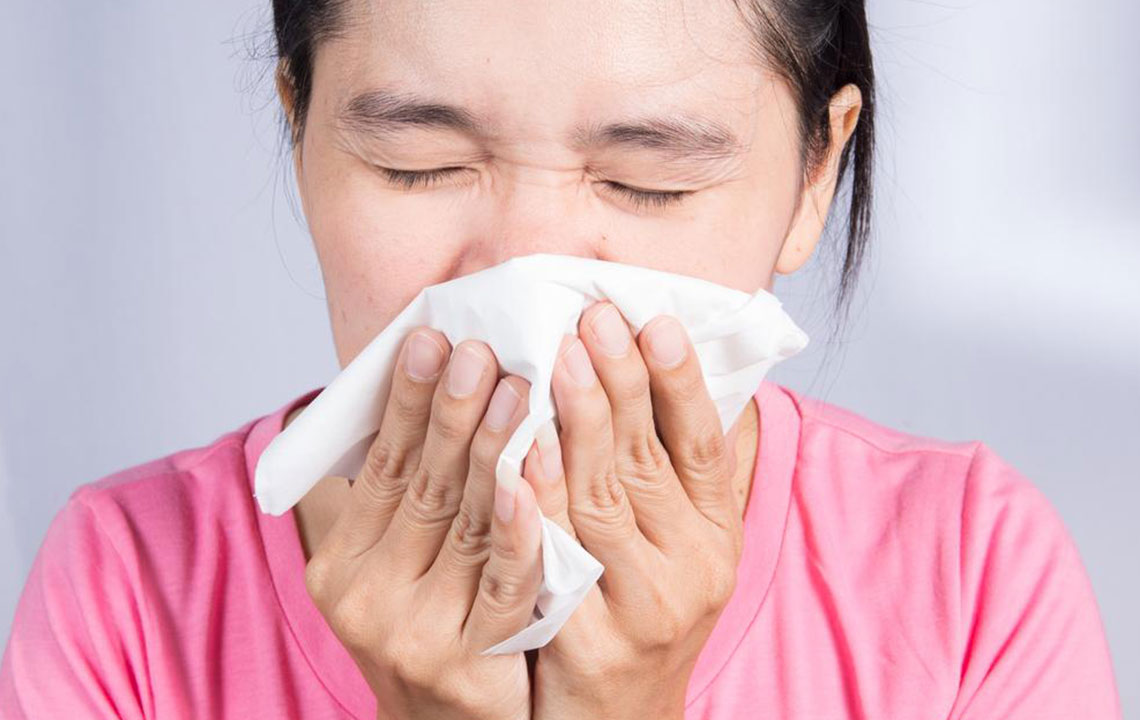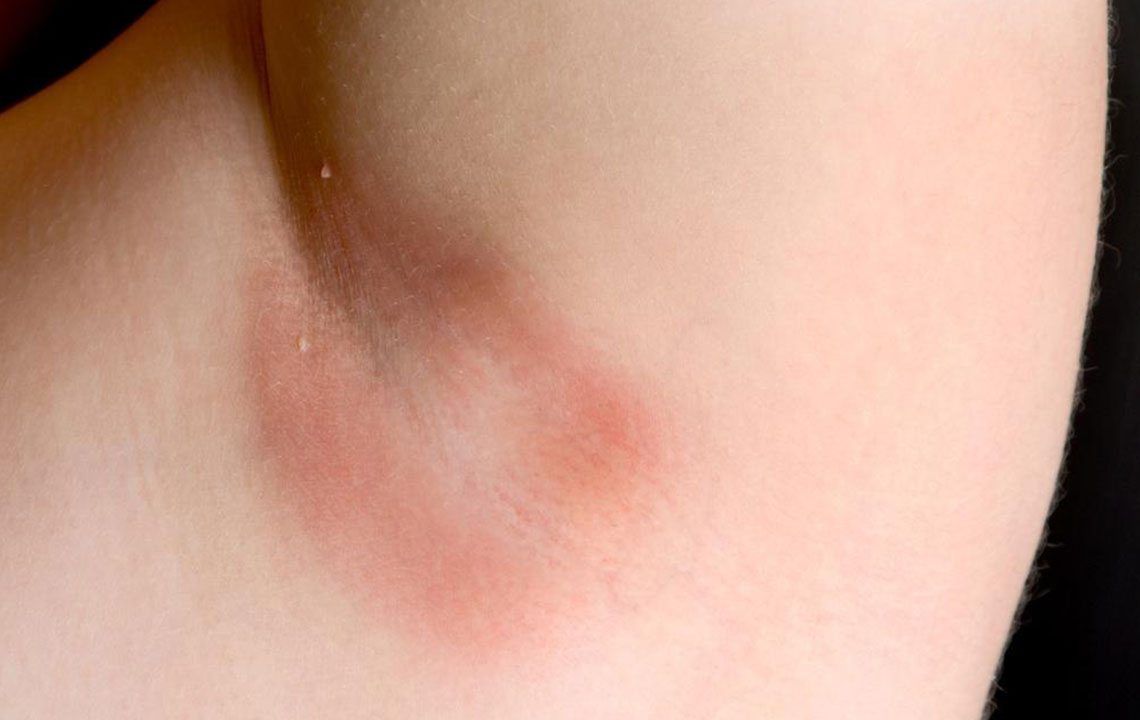Effective Home Strategies to Manage Asthma Symptoms
Discover simple and natural home remedies to effectively manage and alleviate asthma symptoms. From inhaling eucalyptus oil to practicing controlled breathing, these easy strategies can offer quick relief and support your respiratory health in conjunction with medical treatment.

Effective Home Strategies to Manage Asthma Symptoms
Managing asthma involves preventing frequent episodes and recognizing common triggers. It’s vital to stay away from factors such as mold, dust, and airborne pollen. Vaccinations like pneumonia and flu shots can also reduce flare-ups. Alongside prescribed medications, natural remedies can provide additional relief. Here are some proven home-based methods to help control asthma effectively.
Inhale eucalyptus essential oil
Eucalyptus oil has long been valued for its medicinal properties. It acts as a natural decongestant to clear airways and ease breathing. Adding a few drops to steaming water or diffusing it can provide quick respiratory relief during flare-ups.
Warm drinks can alleviate symptoms
Drinking hot beverages, such as green or black tea, can help expand airways and improve breathing. The caffeine in these teas acts similarly to medication, offering temporary relief during asthma attacks when combined with your prescribed treatment.
Mustard seed oil massage
Applying mustard seed oil through gentle massage can help open airways and boost lung function. The oil contains compounds that may ease breathing difficulties. Be cautious to limit application time to under 15 minutes to prevent skin irritation. Mustard plasters made from seeds also produce warming sensations that soothe flare-ups.
Practice controlled breathing
During an attack, focus on slow, deep breaths to avoid panic. Maintaining calm helps prevent chest tightness and hyperventilation, making it easier to manage breathing difficulties.
Note:
The information provided on symptoms, treatments, and health-related issues is for educational purposes only. It should not replace professional medical advice. Always consult licensed healthcare professionals for diagnosis and treatment options. Use discretion when considering the tips shared here.










